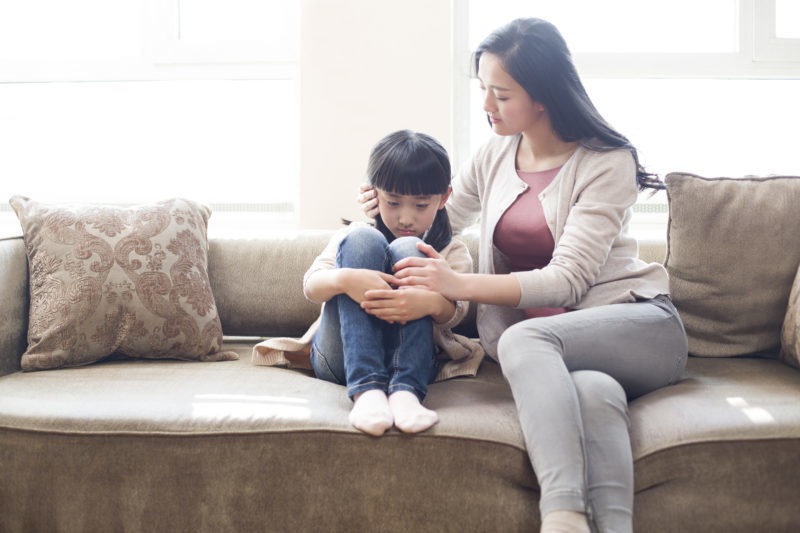Parenting is challenging enough on its own, but after tragedies, many parents are unsure of what to do next.
It’s likely even the littlest kids have witnessed news coverage or viral videos of racism, violence or other serious issues. In this Q&A, integrated health therapist Nicole Velgersdyk, LPC-MH, shares her expertise on how to connect with your child through difficult times.
How should I talk about tragedies with my child?
A general rule of thumb I like to work through with parents is teaching the message to be careful not fearful. Not just with tragedy, but careful, meaning learning appropriate safety information, participating in safety drills appropriately, and developing an overall awareness of one’s own surroundings. Not fearful, meaning continued focus on past events, current events, or uncertainty of future threats could increase excessive worry, making interactions within a child’s world more difficult.
Is there an appropriate age to start talking to my kids about these issues?
This is a case-by-case scenario depending on age and development. With younger children (approximately 5 and younger), limit exposure to news and ability to overhear conversations. You do not need to bring up this topic of conversation with younger children — they will come to you with questions. Don’t over-explain issues. Children might want an answer to a question at an undesired time (such as in the grocery store), so acknowledge the question and give a basic answer. If they bring the topic up again, answer again — they may be looking for consistency in explanations for basic understanding, rather than additional explanation.
During any communication with children, not just for issues surrounding tragedy, you want to change your language to match their developmental age. Observe play to see how children are interpreting their world. This may give you an idea of how a child is processing something. With adolescents and teens, it is more likely that they will approach you with questions. Or you can initiate a conversation to have more dialog about the issues: What do you think? What do you feel? What do you believe about the situation/issue?
If my child goes through a very traumatic event, how should I help them cope?
Meet your child where they are at, meaning acknowledge thoughts and feelings. Provide supportive listening and try to provide potential resources when appropriate. Feeling heard is important.
How could my child be changing?
Look for changes in behavior (interactions, appetite, sleep patterns) at home, extracurricular activities, with friends or at school. Changes may occur abruptly or over time.
How do you tactfully help someone who needs it?
It is normal for children, adolescents and teens to show signs of worry and fear until things calm down. Children need reassurance from parents. Discuss that you, as parents, are doing everything that you can to keep them safe and if you thought it was dangerous, you would not let them go into a certain situation.
If two to three weeks from now, the child is still showing signs of worry and fear (with some type behavior change), suggest talking with their primary care doctor or school counselor about additional support/resources.
What are some ways to work on developing a better relationship with my child?
It’s really about the child feeling like they’re connected and able to open up without judgment. Leave the communication door open. If your child gives a negative message back, just be supportive in your message so hopefully they come back around.
Is there any other important information I should keep in mind?
Providing supportive listening, reassurance and basic information when asked can help with building resiliency. Be sure (as parents) to keep your own emotions in check, as children are very good observers but poor interpreters of their world. If they get the message from parents, “This is a terrible state of the world and I’m afraid to go anywhere,” children may start to feel the world is only a scary place.
Learn more
- Service dog helps adolescent patients with mental health
- Recognizing child trauma and helping kids cope
- Smartphone impacts on teenagers: Positive and negative
…
Posted In Behavioral Health, Children's, Health Information, Parenting
